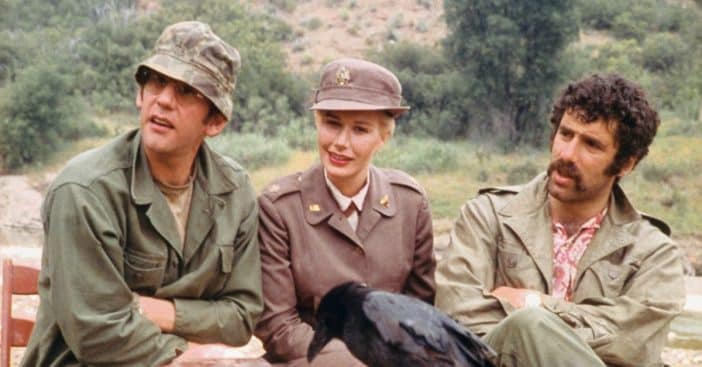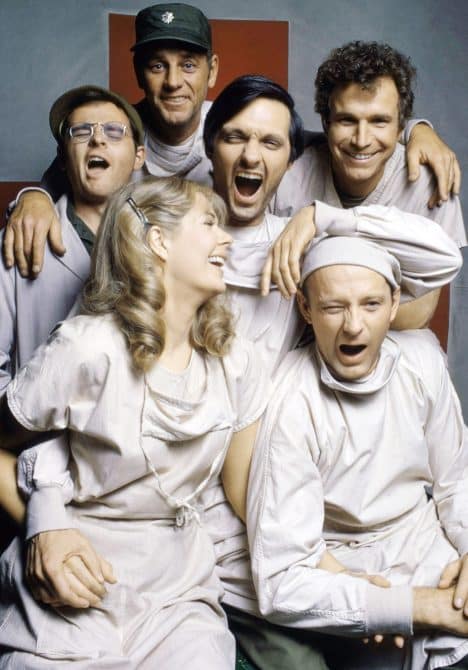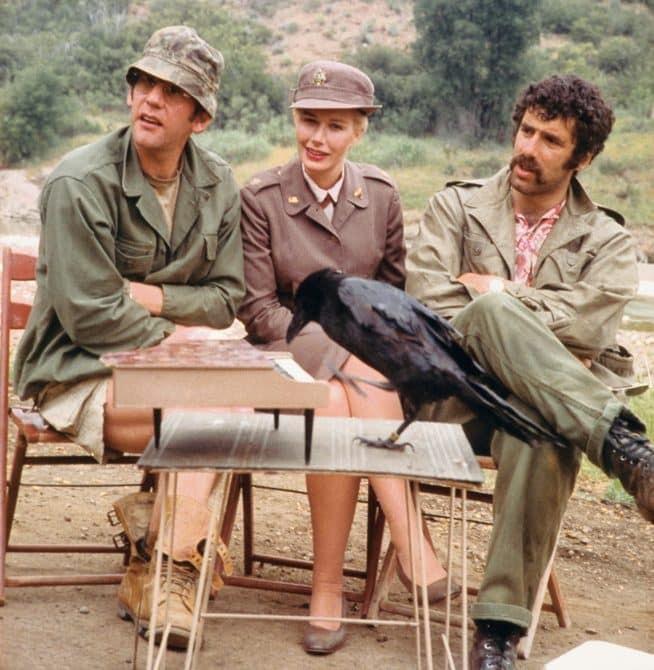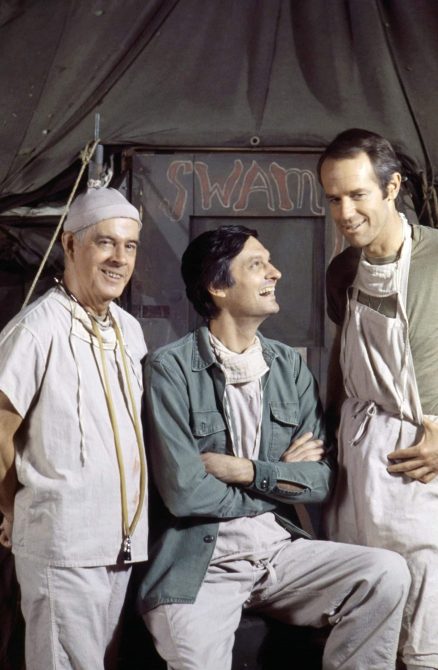
M*A*S*H was a witty blend of thought-provoking drama and hilarious comedy, some of which were subtle and sultry thanks to Alan Alda’s character and his penchant for vocal comedy. Alan’s Hawkeye Pierce was known for his charming and womanizing ways, which were humorously depicted in several moments.
Two of these times have been censored by CBS, including the season two episode “The Trial of Henry Blake” and season one’s “Tuttle.” It is interesting how the jokes in these parts went right under the noses of censors. “I don’t know why they allowed that. I guess they were too busy looking for ‘Hells’ and ‘Damns,’” series creator Larry Gelbart said.
The sex toy joke

In the season two episode, scripted by McLean Stevenson, who played Colonel Blake, Hawkeye stumbles on head nurse Margaret Houlihan using an electronic neck massager on Frank Burns, whom she is known to be having seedy relationships with. On seeing them, Hawkeye jokes, “Behind every great man, there is a woman with a vibrator.”
RELATED: The ‘M*A*S*H’ Spinoff, ‘AfterMASH,’ Had Just This Handful Of Original Actors
The double entendre seems so clear on the spot but was overlooked by the censors at the time. “Probably the poor schmuck who was the censor didn’t know what people did with a vibrator,” Gelbart said during a 2004 interview. “He may have thought we were talking about a foot vibrator.” After Hawkeye blurts the line, he does the salute with Trapper, and Margaret follows suit, making it even funnier as she holds up the device to her head.

Other unnoticed edgy remarks
As Gelbart said, the network was likely looking for curse words and slurs because another dirty remark flew right over their heads. In the first season’s episode, Frank compliments Margaret, calling her his “snug harbor” and talking about “sailing into” her. Other blatantly sexual comments slipped through the censors’ grasp and made it to the series as well.

However, since M*A*S*H turned out to be a hit, its writers were cut some slack as whatever they wrote clearly brought in views and positive ratings. “Certainly, after the first year, after the show took off because they put it in a place where it would attract ratings, they didn’t say a whole lot about the show, in general,” Gelbart recalled. “They had censorship comments on every script, but they pretty much let us alone because they didn’t know what we were doing— and whatever we were doing, it was getting them ratings.”
